Almost exactly two years ago, Russia launched a full-scale invasion of Ukraine. Trapped in the port city of Mariupol, Pulitzer Prize-winning journalist Mstyslav Chernov captured defining images of the war: bombings, mass graves and the grief of those who lost their loved ones. Oscar-nominated documentary “20 Days in Mariupol” reminds viewers the war still rages on. A group of Vanderbilt students held a screening of the documentary on Feb. 23.
For some Vanderbilt students, the war hits close to home. Hanna Kostiv, a sophomore from Ukraine, shared her thoughts about the war.
“As exhausted as Ukrainians are, there is no talk of surrender because we know that there is only one way to end it: to defeat Russia,” Kostiv said. “A peace deal, any peace deal, would only give Russia a chance to regroup and deal a final blow to Ukraine — and likely, to attack other countries. Moreover, signing a peace deal means betraying Ukrainians living under Russian occupation and subjecting them to continued torture and loss of fundamental human rights.”
“20 Days in Mariupol” echoes Kostiv’s words. Graphic videos depict the tortured cries of Ukrainian parents who lost their children and sobbing doctors powerlessly trying to save their patients. The documentary reminds students the issues present in the film are real.
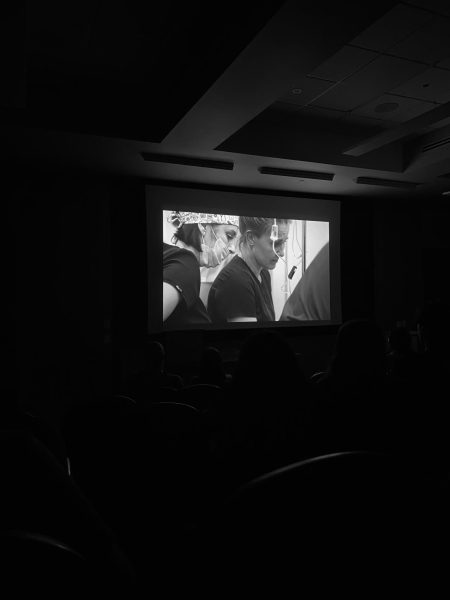
Over the course of the documentary, the violence escalates from bomb strikes to machine gunfire, and then Russian army tanks enter Mariupol with the letter “Z,” the Russian sign of war. All of the footage in the film depicting the violence and lives lost inspired Russia to create a misinformation campaign in response; they proclaimed that victims are social media influencers or actors trying to harm Russia’s reputation. The true story is Ukrainians standing in the rubble of their homes and mourning the lives of those they have lost.
Diana Nalyvaiko, a junior from Ukraine, shared her thoughts about how the documentary made her feel.
“This documentary doesn’t just show the events; it brings them to life, making it a must-watch for understanding the Russian-Ukrainian war,” Nalyvaiko said. “Unfortunately, not a lot of people are keeping up with the updates about the invasion, being tired of the news. However, the war is still there today, and many more Ukrainians are suffering from the attacks of the terrorist state. For this reason, I believe more members of the Vanderbilt community should learn about the invasion, especially now, two years into the full-scale invasion and a decade into the war.”
Closing remarks about the documentary and the future of the invasion were given by Kostiv.
“It is time to admit the period of peace in Europe is over. The сrucial actions are made on the battlefield every day and Congress should take action as well,” Kostiv said. “The Senate has passed life-saving supplemental aid for Ukraine with a clear bipartisan majority. Now, Speaker Mike Johnson must bring this supplemental aid to the floor for a vote and members of the House of Representatives must vote yes and make sure it passes. This aid package, which members of Congress have considered for months and been briefed on multiple times, will make a difference for Ukrainians and Americans alike.”

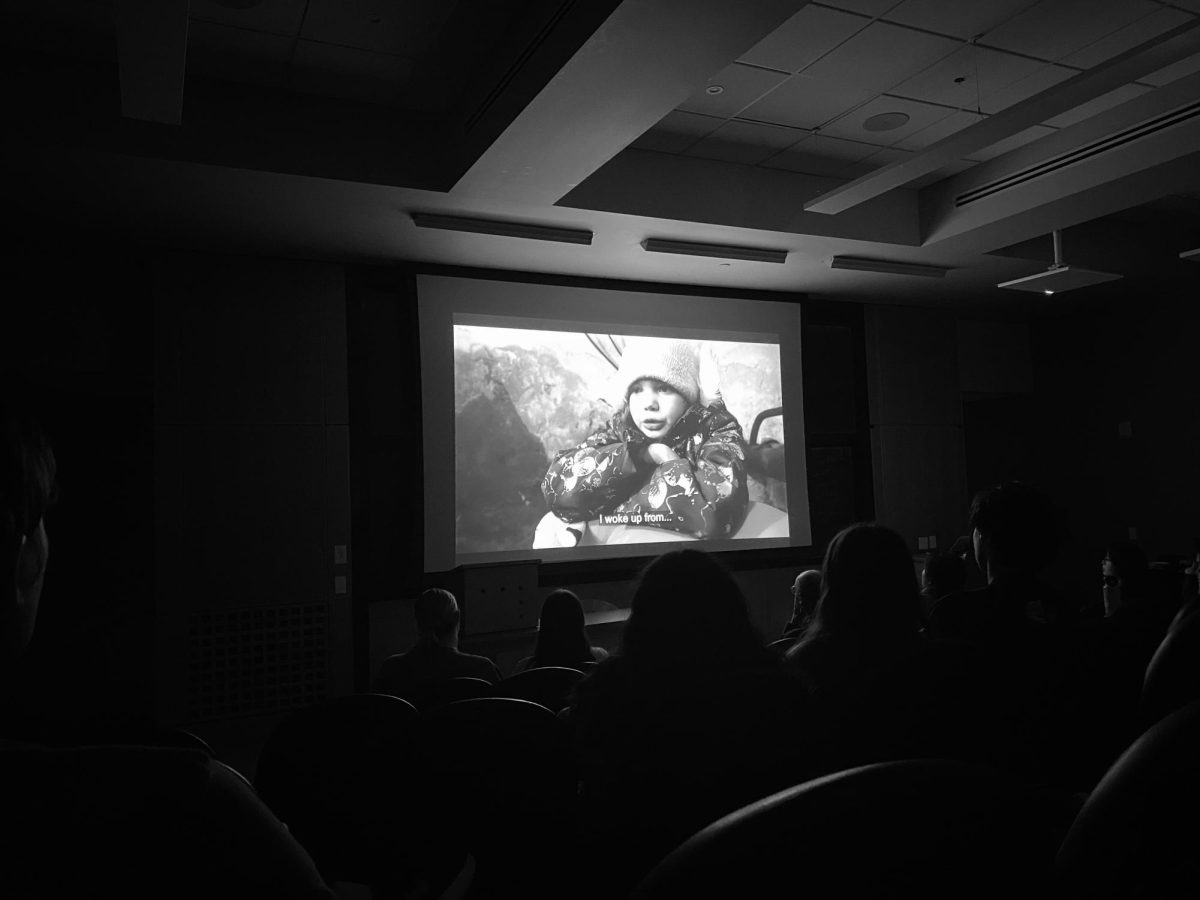

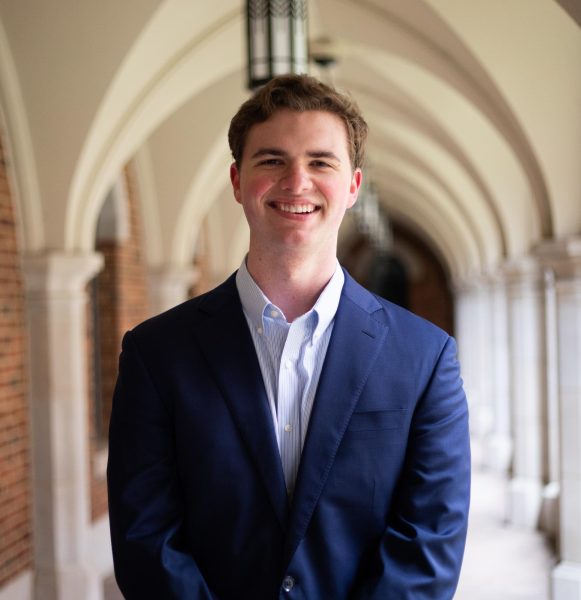

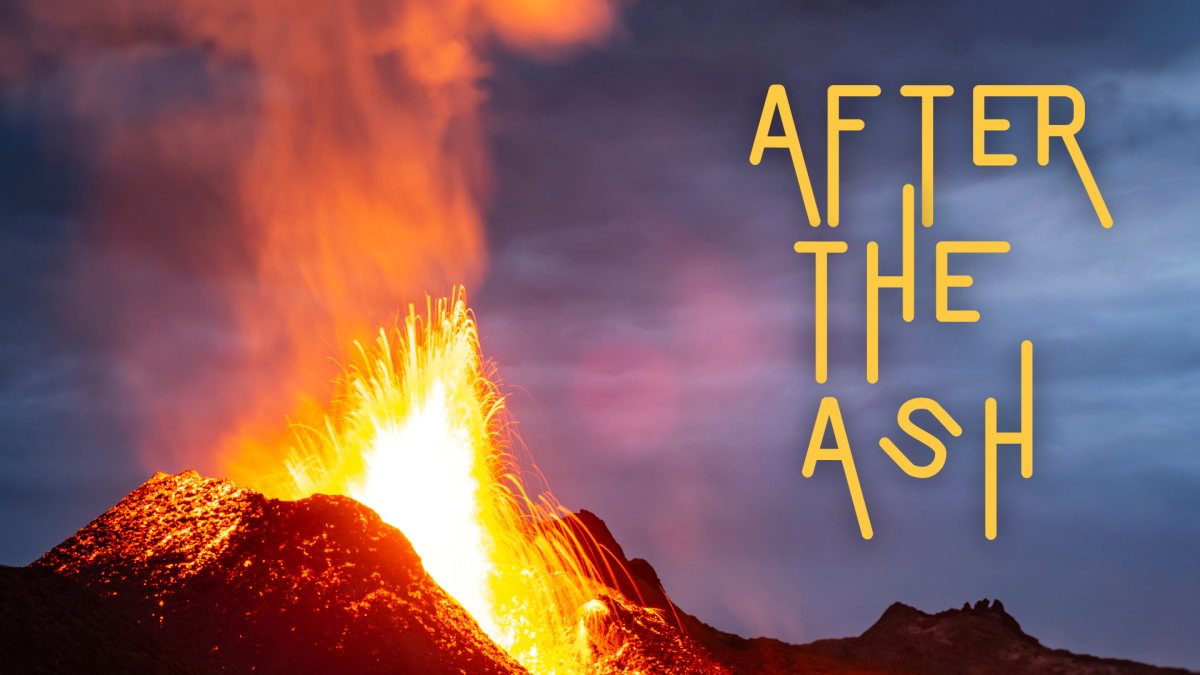
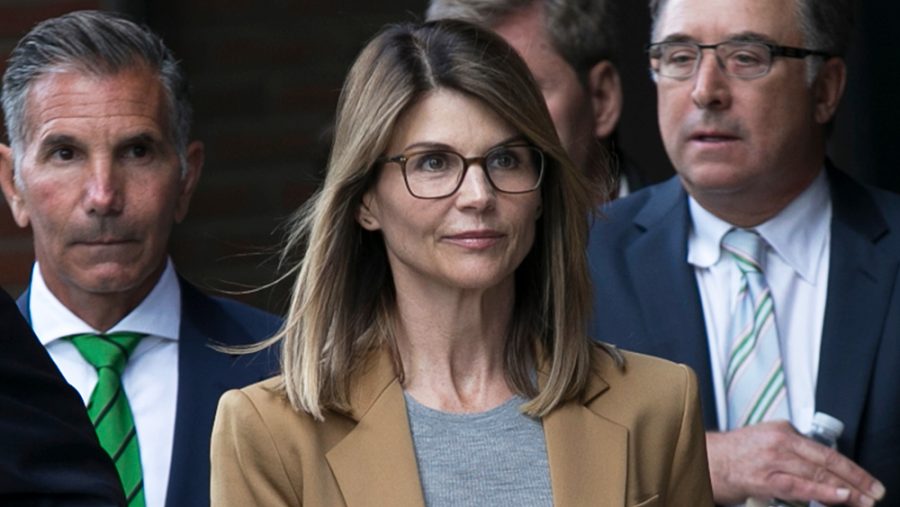
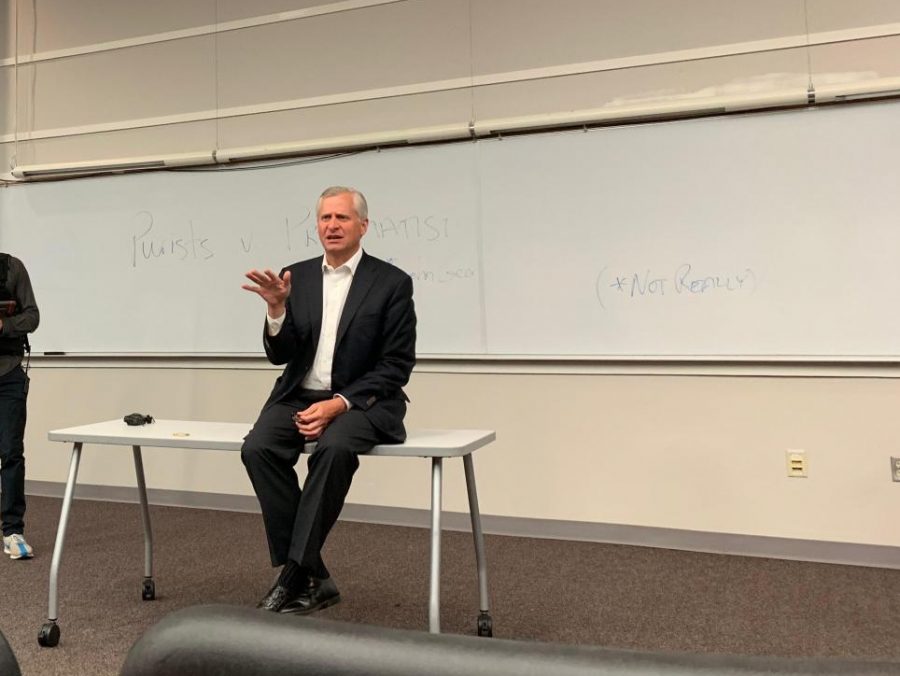
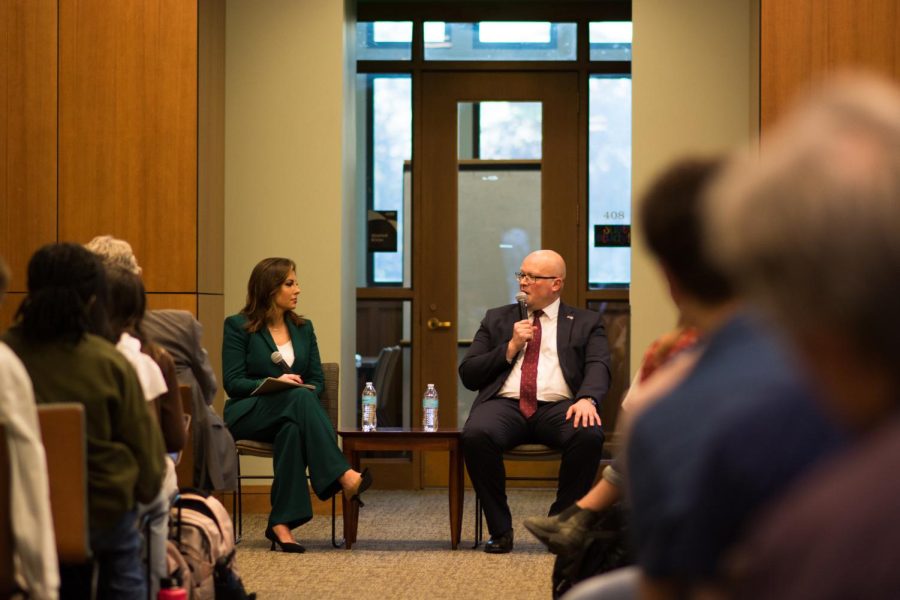

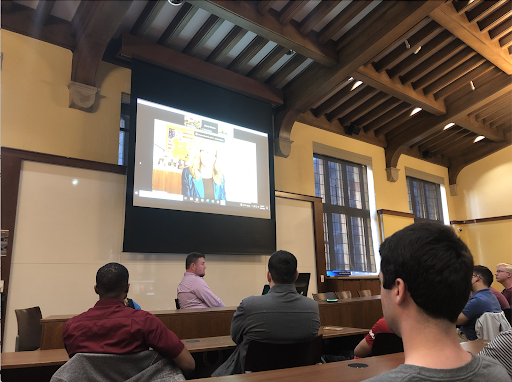
Keady Fitzmaurice Peaper • Mar 6, 2024 at 8:10 pm CST
Great article about such an important topic happening now. Really impactful that you interviewed students with direct ties to Ukraine.